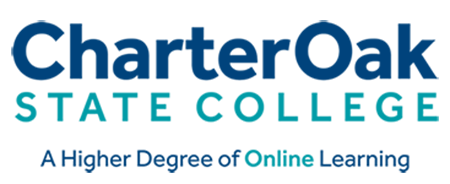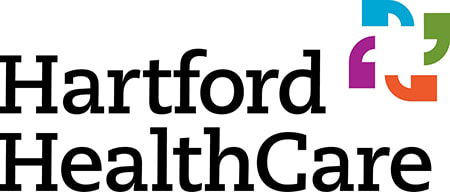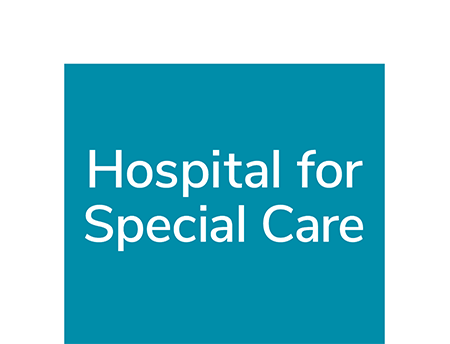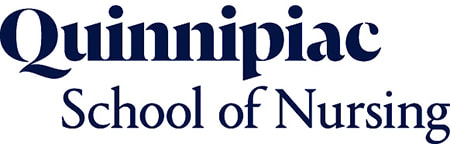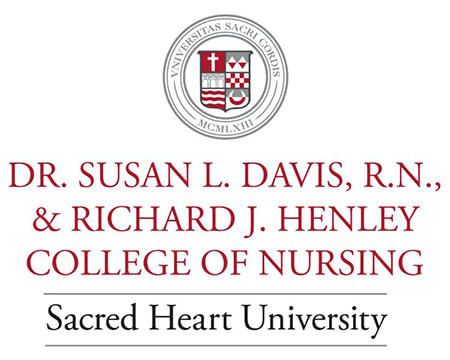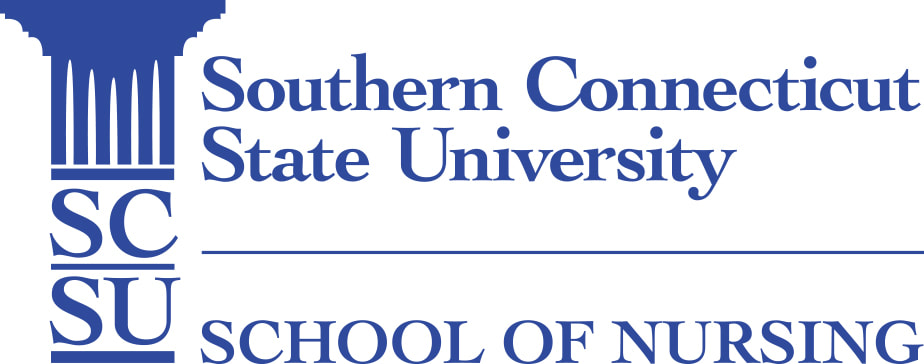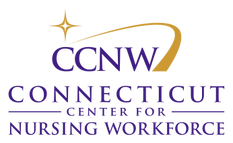|
There is a Connecticut state-wide program that needs nurses to work in (per diem/on-call). The Gail Burns-Smith Sexual Assault Forensic Examiners (SAFE) Program is both a response program and a training program. As a response program, it provides specially trained sexual assault forensic examiners to participating hospitals for the purpose of providing care and the collection of evidence for patients, ages 13 and older, who report sexual assault.
Trainings scheduled for Fall 2023. For more information, please go to: https://www.jud.ct.gov/crimevictim/safeprogram.htm For information on how to apply, please contact: Denise S. Covington, MBA, MSN, RN, SANE-A Program Manager Gail Burns-Smith Sexual Assault Forensic Examiners Program [email protected] What is a Sexual Assault Forensic Examiner? A Sexual Assault Forensic Examiner (SAFE) is a health care provider who has completed specialized education and clinical preparation enabling them to conduct knowledgeable and skilled medical-forensic exams, ensure the integrity, preservation, and documentation of forensic evidence, and testify knowledgeably in court. What are the qualifications to become a SAFE?
What is the scope of practice for a SAFE?
What is the training to become a SAFE?
Is the SAFE Training Program accredited?
What is the time commitment to take the SAFE Training Program? The didactic portion of the course is 6 days in length. Classes are held two days per week for three consecutive weeks. Content experts teach on the various required curriculum topics.
The Fall 2023 Training will be announced in early Spring. Please check this webpage later for updates. What is a medical-forensic exam? A medical-forensic exam is a comprehensive exam with several components:
Will I be paid for my services as a SAFE? For state fiscal year 2022-2023, the following reimbursement rates have been established for new Program SAFEs: · On-Call
For more information, visit https://endsexualviolencect.org/safe-program/
0 Comments
|
Categories
All
Archives
June 2024
|
OUR MISSIONTo foster collaborations to ensure a highly educated, diverse, and sustainable nursing workforce to support the healthcare needs of Connecticut residents.
Terms of use Policy | Privacy Policy
Event Policy: No refunds will be given two (2) weeks prior to any event |
LoginContact UsFor more information or questions, please complete the online form to contact Marcia B Proto, M.Ed, CAS via email.
|
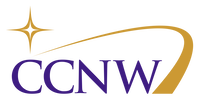
 RSS Feed
RSS Feed







